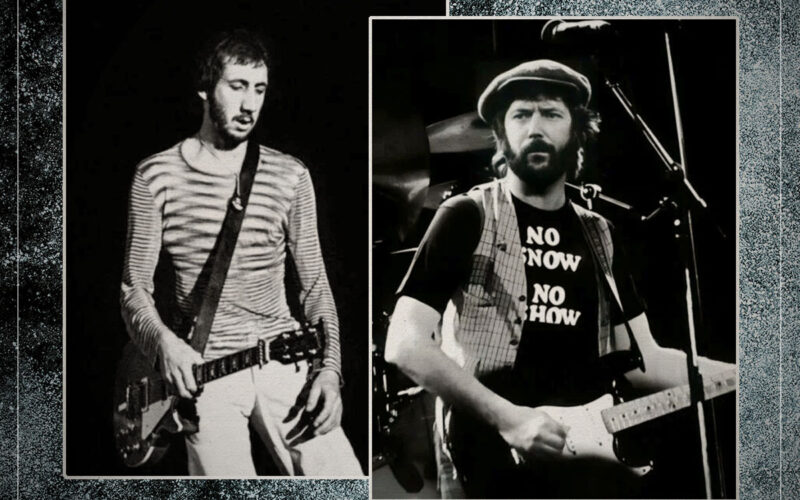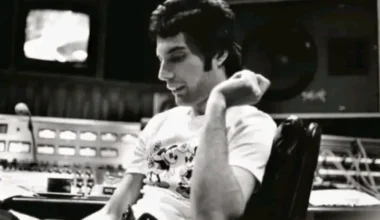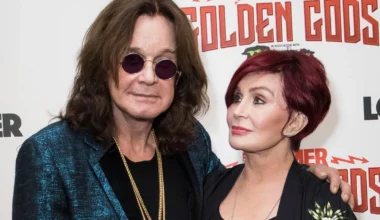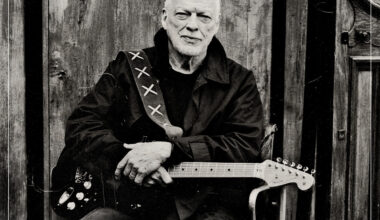Eric Clapton may well be one of the most celebrated guitarists of all time, and the fact that he was recruited for so many different projects is a perfect indicator of just how high the demand was for his services. You don’t just waltz into acts like The Yardbirds, John Mayall & the Bluesbreakers, Blind Faith and the Plastic Ono Band without the greatness to back it up, and the amount of other artists he has collaborated with over the course of his career only goes to elevate his status.
This means that he’s managed to amass not just a number of fans from the general public, but that he’s got countless vocal supporters within the musical community as well, with plenty of fellow artists making space to praise his work at any given opportunity. All members of The Beatles, for example, spoke highly of Clapton’s work and enlisted his help on a handful of occasions. If you’re able to claim that the biggest pop group ever are among your greatest celebrators, then there’s very little room to climb even higher.
Among those is Pete Townshend, who, while a stylistically very different guitarist, is equally highly regarded by his peers, despite primarily being recognised as a member of one group rather than many, unlike Clapton. His contributions as the sole guitarist with The Who were undeniably crucial to their sound being established, and there haven’t been many other players since his rise to prominence to play the instrument with such great force and attack.
Speaking about Clapton’s guitar work, he claimed that he loved his work, “otherwise I wouldn’t have involved my life with him so much”. While he acknowledged his brilliance, he also noted how he was often operating at a partial capacity of what he was capable of. “I don’t think it’s necessarily the maximum of his potential,” Townshend told Rolling Stone. “But then I don’t see why he should work at the maximum of his potential, because that’s not what he’s pursuing. He’s pursuing a kind of music that has more to do with finding a groove or expressing an emotion.”
However, he was far more critical of one of Clapton’s most famous projects, the trio Cream, which he formed alongside Ginger Baker and Jack Bruce. After saying that he adapted his own playing style with The Who in order to accommodate drummer Keith Moon’s unpredictable and untameable drumming, he noted that it meant there was little room for additional elements. He noted that the fact that there was always too much space remaining in Cream’s music was ultimately the downfall of the trio.
Speaking to Guitar.com in 2021, he said that this was one of the greatest downsides to Clapton’s output. “It felt to me that sometimes it sounded so empty. I thought they would’ve been so much better if they had a Hammond player. I always loved Eric’s playing, but not always his sound. It always felt to me like it was a bit muffled, in the Marshall days.”
While it may have been lacking in layers at times, Cream certainly made up for it in virtuosic playing ability, and the sound that the three members were aiming for didn’t need to be a complete wall of noise and texture in order to be understood.
This may be where Townshend and Clapton differ as players and songwriters, but there’s still no denying that whatever they offered to a group, their signatures ended up being crucial to the overall sound.






